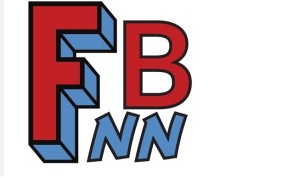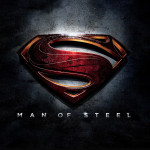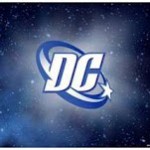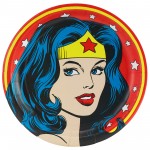 While mostly a table top gamer, I also play video games. It’s an even split between PC and console. One thing I rarely do is jump right on the latest release. I will usually wait for it to be out for a bit and see what the reviews are. However, I will still follow the development of games that sound interesting.
While mostly a table top gamer, I also play video games. It’s an even split between PC and console. One thing I rarely do is jump right on the latest release. I will usually wait for it to be out for a bit and see what the reviews are. However, I will still follow the development of games that sound interesting.
In 2009, I was following the development of a game that I thought looked interesting and was looking forward to see what it would be like. The game was This is Vegas. It was originally being produced by Midway Games, and was going to be a platformer in the style of Grand Theft Auto.
Notice my liberal use of the past tense?
Although not well known to the gaming public at large, This is Vegas is known in the industry as one of the biggest money wasters ever to not result in a title being released.
So let’s take a look at what could have been, why it wasn’t, and what it says about the state of the game industry.
The premise of the game is that you are a street-smart hustler born and raised in Las Vegas. You learn that a large multimedia company is planning to buy up all the casinos (and other property on the strip), with the goal of turning the town into a watered down family friendly version of itself. You set off on a series of missions with the goal of opposing this change, and making sure that Vegas can still live up to its nickname of Sin City.
The game would have broken its missions down into four categories: gambling, fighting, driving, and partying. All we will ever really know about how the game mechanics would have worked is from this video that goes into the partying mechanic. At the time it looked interesting as it was clear the idea was to give the players the feel of being the cool guys, who knows how to party in Vegas.
This was, of course, no guarantee of the game being a hit, but it looked like it would at least have had a shot.
So why did the game get canned?
Development on the game started in 2006. It was meant to be competition for games like the Grand Theft Auto series. This was an era when a successful game could be made for $3 million. It was also a time when game budgets started to rise. At the time, there were warnings about game development costs raising as high as $15 million. It turns out that this was a low estimate.
Midway Games went through bankruptcy in 2009, and that June sold all of their assets (including This is Vegas) to Warner Bros Interactive Entertainment. At the time of the sale, Midway had already put $43 million into production of the game. In August of 2010, Warner announced that the game was being canceled. While there are no precise figures available, it is estimated that about $50 million had been spent on development, and with at least nine additional months needed, it was not cost effective to continue. In the end, it was felt that this title would not be a big enough seller to justify the continuing cost.
What does this say about the industry?
Even though video games bring in several billion dollars a year, you will always hear that, after a game has been shipped, a company will lay off the developers. The truth behind this is that while games may be very successful, the high production costs cut into the bottom line.
Just as an example, it is estimated that the development cost for Grand Theft Auto V was $137 million USD, and $265 million USD once you included marketing. Of course this is a game that broke $1 billion USD in sales within three days of release, so you can argue that the cost was justified. But what if it had been a flop?
Really, it is the same story as any other form of media. The big companies are going to want guaranteed hits before making an investment, leaving innovation to the smaller companies who are going to take risks and probably need a crowd source campaign to fund the project.
And what about This is Vegas. Well since Duke Nukem Forever finally released, This is Vegas now holds the dubious distinction of being the game industry’s most expensive piece of vaporware. Somehow, I don’t foresee anyone making any effort to rescue it from this fate.





